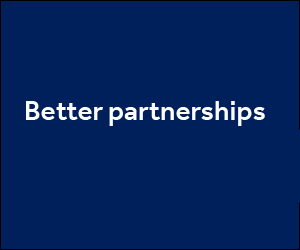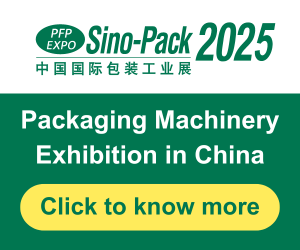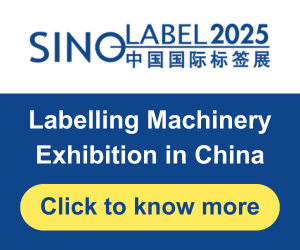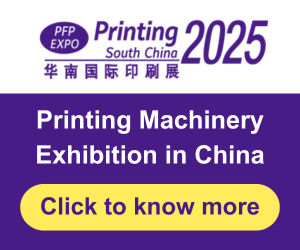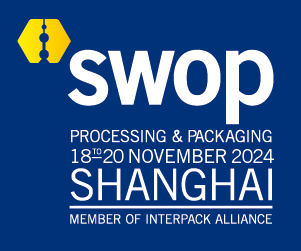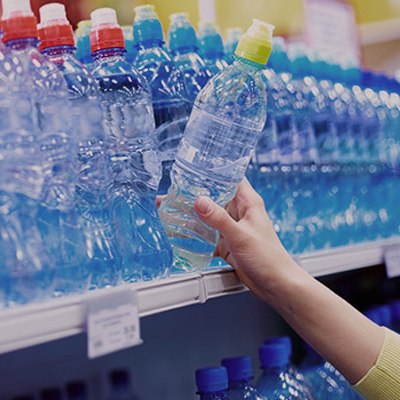The Role of Packaging Converters in Sustainable and Innovative Solutions
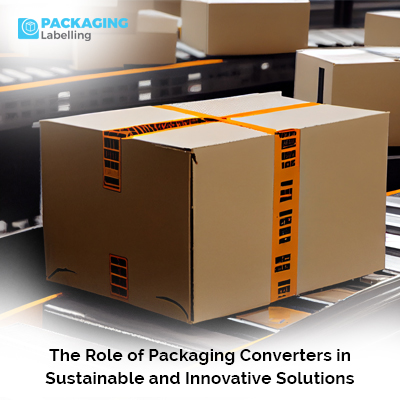
Introduction:
In an era where environmental concerns and technological advancements dominate the global landscape, the role of packaging converters has become increasingly pivotal. Packaging converters are the unsung heroes of the packaging industry, responsible for transforming raw materials into the diverse array of packaging solutions we encounter daily. As sustainability and innovation take center stage, these converters are stepping up to the challenge, driving positive change in the way products are packaged and delivered.
Understanding Packaging Converters:
Packaging converters play a crucial role in the packaging supply chain. They are the link between raw materials and the final packaged product that consumers see on store shelves. These professionals are adept at utilizing various materials such as paper, plastic, glass, and metal to create packaging solutions that meet specific product requirements. The choices made by packaging converters have far-reaching implications for sustainability, cost-effectiveness, and overall product appeal.
Sustainability Challenges in Packaging:
The environmental impact of packaging has been a growing concern, with the excessive use of non-biodegradable materials leading to pollution and depletion of natural resources. Packaging converters are now at the forefront of addressing these challenges by adopting sustainable practices. The move towards eco-friendly materials, such as bioplastics, recycled paper, and compostable packaging, has gained momentum as packaging converters seek alternatives that minimize environmental harm.
| Also Read: Packaging Converters: Bridging Design to Delivery in Product Packaging |
Innovations in Sustainable Packaging:
One of the key roles of packaging converters in recent years has been the development and implementation of innovative sustainable packaging solutions. Biodegradable plastics derived from renewable resources, such as cornstarch, have gained popularity as an alternative to traditional petroleum-based plastics. Similarly, recyclable and compostable packaging options are being explored to reduce the carbon footprint associated with packaging waste.
Packaging converters are also exploring advanced technologies to enhance the sustainability of packaging. For instance, intelligent packaging with embedded sensors can help monitor product freshness and reduce food waste, ultimately contributing to a more sustainable supply chain.
Reducing Packaging Waste:
The issue of packaging waste has become a global concern, prompting packaging converters to rethink traditional packaging formats. Lighter and more efficient packaging designs are being developed to reduce material usage while maintaining product integrity. Additionally, converters are exploring ways to incorporate reusable and refillable packaging concepts, encouraging consumers to actively participate in waste reduction efforts.
Collaboration with Brands and Manufacturers:
Packaging converters are increasingly collaborating with brands and manufacturers to align packaging solutions with sustainability goals. This partnership is essential for creating a unified approach to sustainable packaging, ensuring that the entire supply chain is committed to reducing its environmental impact. Shared responsibility allows for the development of comprehensive strategies that address both the production and disposal stages of packaging.
Consumer Education and Engagement:
Packaging converters play a critical role in educating consumers about the environmental impact of packaging and promoting sustainable practices. Through clear labeling and informative campaigns, converters help consumers make informed choices, encouraging them to opt for products with eco-friendly packaging. This engagement is crucial in fostering a sense of responsibility among consumers and driving demand for sustainable packaging options.
Technological Advancements in Packaging Conversion:
In addition to sustainability, packaging converters are leveraging technological advancements to enhance the functionality and efficiency of packaging solutions. Advanced printing techniques, such as digital printing and smart packaging technologies, are transforming the way information is communicated on packaging. This not only improves brand visibility but also provides consumers with valuable information about the product.
Digital printing, for example, enables packaging converters to produce customized and vibrant designs, reducing the need for excess packaging materials. Smart packaging incorporates technologies like RFID tags and QR codes, allowing consumers to access additional information about the product, including its sourcing, environmental impact, and disposal instructions.
Optimizing Supply Chain Efficiency:
The role of packaging converters extends beyond creating visually appealing and sustainable packaging. These professionals are also actively involved in optimizing the supply chain through efficient packaging designs. Streamlining packaging processes, reducing material waste, and implementing innovative packaging solutions contribute to overall supply chain efficiency.
Cost-Effective Solutions:
While sustainability is a key focus, packaging converters are also tasked with providing cost-effective solutions to brands and manufacturers. Balancing sustainability with economic considerations is a delicate challenge that converters navigate by identifying materials and processes that align with both environmental goals and budget constraints.
Challenges and Opportunities:
Despite the progress made in sustainable and innovative packaging solutions, challenges persist. The global nature of the packaging industry requires standardized regulations and guidelines to ensure consistent practices across borders. Additionally, the need for investment in research and development to discover new sustainable materials and technologies remains paramount.
However, these challenges present opportunities for growth and collaboration. Packaging converters can leverage their expertise to drive positive change by advocating for industry-wide standards, engaging in research and development initiatives, and fostering partnerships with organizations dedicated to sustainability.
Conclusion:
The role of packaging converters in sustainable and innovative solutions is undeniable in shaping the future of packaging. From adopting eco-friendly materials to embracing advanced technologies, converters are at the forefront of a transformative journey towards a more sustainable and efficient packaging industry. Through collaboration with brands, manufacturers, and consumers, packaging converters can drive positive change, contributing to a future where packaging not only protects products but also minimizes their impact on the environment. As the demand for sustainable packaging continues to rise, packaging converters will play a crucial role in shaping the industry's evolution towards a more sustainable and innovative future.

